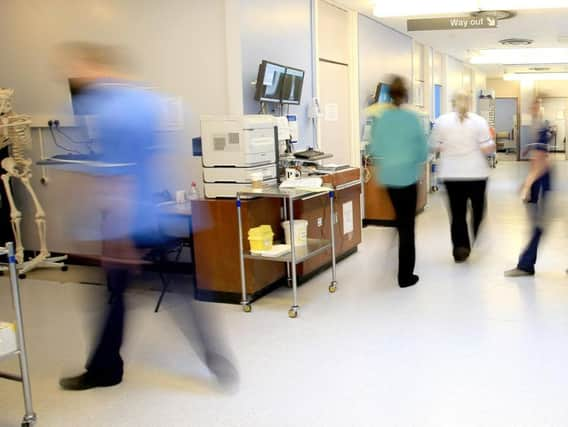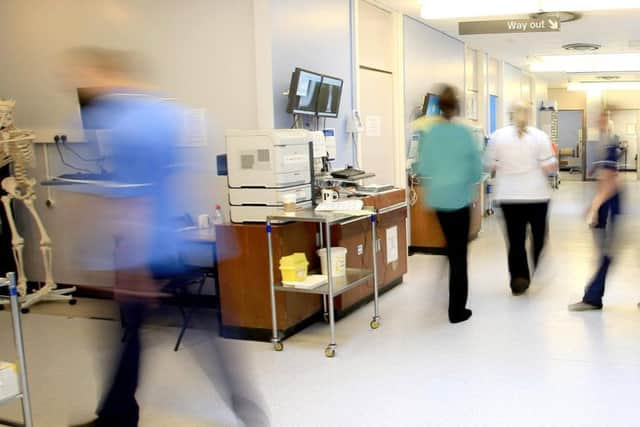Patients and staff face 'unbearable' conditions in hospitals during hot weather


Public health expert Dr Nick Scriven warned of struggles to keep patients and those working hydrated during the summer, with staff being "so busy they cannot leave wards to find cold drinks".
Writing for the BMJ, the president of the Society for Acute Medicine said that tired and overheated staff will be prevented from "giving their best".


Advertisement
Hide AdAdvertisement
Hide Ad"However, the abilities of the NHS to protect both vulnerable patients and its own staff has remained unchanged.
"It is fair to say that the ward environments in many places will be totally unbearable this week, causing distress and concern for all those in them whether working, visiting or as patients.
"This follows reports which suggest that activity has peaked at levels previously not seen in summer."
During the four heatwaves last summer Public Health England estimated there were up to 863 extra deaths.
Advertisement
Hide AdAdvertisement
Hide AdA Commons select committee report last year found that NHS England's emergency preparedness, resilience and response assurance "does not account for the risk of overheating hospitals".
The report said the impact of heatwaves on nursing homes is also not assessed.
It recommended that NHS bodies submit annual heatwave plans to ensure they are prepared for sudden spells of hot weather.
Dr Scriven added: "Tired and overheated staff are not capable of giving the best that their patients deserve and it is really time that hospitals and those running them took notice of environmental factors on top of all the existing stresses and strains.
"The NHS needs to take up the challenges posed by the select committee last year as the predictions are that this is only going to become more extreme every year."
